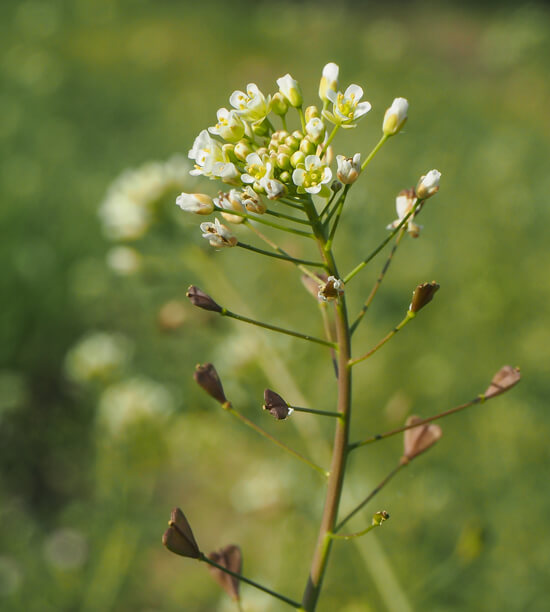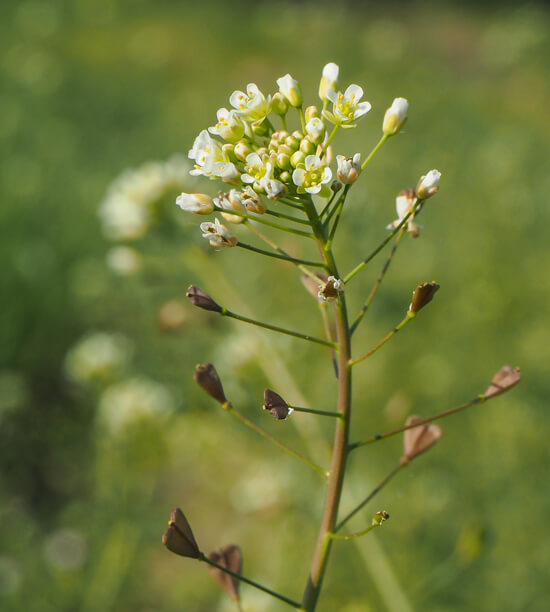
Shepherd’s purse (Capsella bursa-pastoris) is a plant often used in traditional herbal medicine, primarily for its hemostatic properties—that is, its ability to stop bleeding. Beyond its use in managing bleeding, shepherd’s purse tea is also claimed to offer benefits for cardiovascular health, such as preventing blood clots, managing high blood pressure, and reducing the risk of heart attacks. Here’s a closer look at these claims:
1. Prevents Blood Clots
Shepherd’s purse contains compounds that may influence blood clotting mechanisms. It is traditionally used to treat heavy menstrual bleeding and postpartum hemorrhage. Theoretically, its ability to influence blood clotting could help prevent the formation of dangerous clots (thrombosis) that can lead to strokes and heart attacks. However, it’s essential to note that this effect might not be beneficial for everyone, especially those already on anticoagulant (blood-thinning) medication, as it could potentially interfere with their treatment.
2. Manages High Blood Pressure
The plant has been used in folk medicine as a natural remedy for hypertension. Some herbal practitioners believe that shepherd’s purse can dilate blood vessels, helping to lower high blood pressure. While there is anecdotal evidence to support this use, robust scientific data is lacking to conclusively prove its effectiveness in managing blood pressure.
3. Reduces Risk of Heart Attack
By potentially improving blood clotting function and lowering blood pressure, shepherd’s purse might contribute to a reduced risk of heart attacks. The idea is that better-managed blood pressure and reduced clotting risks can prevent the conditions leading to a heart attack. However, this connection is speculative, and more research is needed to establish a direct link between shepherd’s purse and heart attack prevention.
Safety and Considerations
- Interactions with Medications: Shepherd’s purse may interact with anticoagulant medications (like warfarin), blood pressure medications, and other treatments. It is essential to consult with a healthcare provider before starting any new treatment, especially if it might interact with existing medications.
- Pregnancy and Breastfeeding: Due to its effects on the uterus, shepherd’s purse should be avoided during pregnancy as it might cause contractions or other complications. Its safety during breastfeeding is also not established.
- Quality and Dosage: As with any herbal remedy, the quality of the product and appropriate dosage are critical. It’s important to source shepherd’s purse from reputable suppliers and consult with a qualified healthcare provider or a herbalist regarding the appropriate dosage.
Conclusion
While shepherd’s purse is a promising herbal remedy with potential cardiovascular benefits, its use should be approached with caution, especially in people with existing health conditions or those taking other medications. More scientific research is needed to fully understand its efficacy and safety for preventing blood clots, managing high blood pressure, and reducing the risk of heart attacks. Always consult a healthcare provider before incorporating it or any new herbal supplement into your health regimen.




